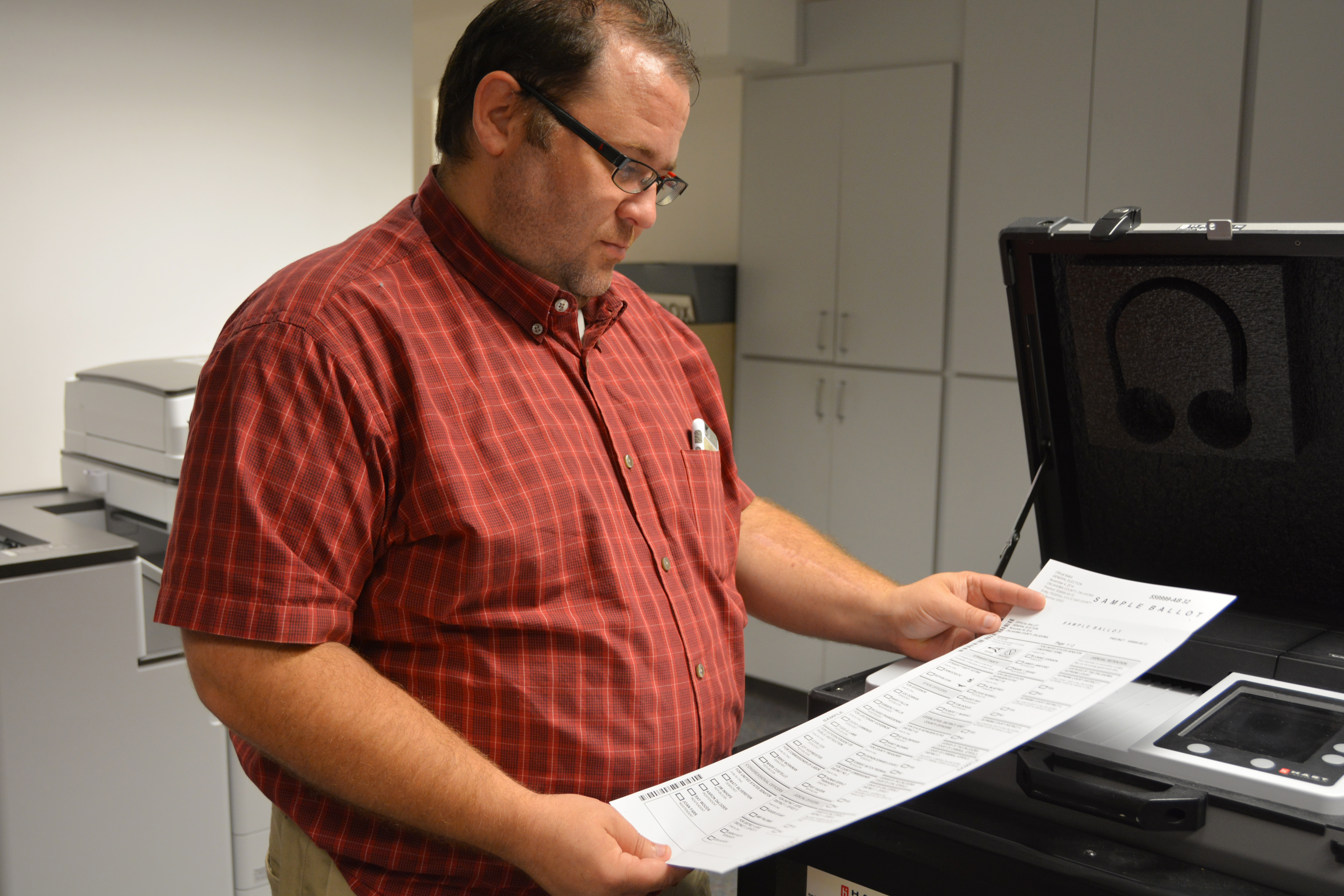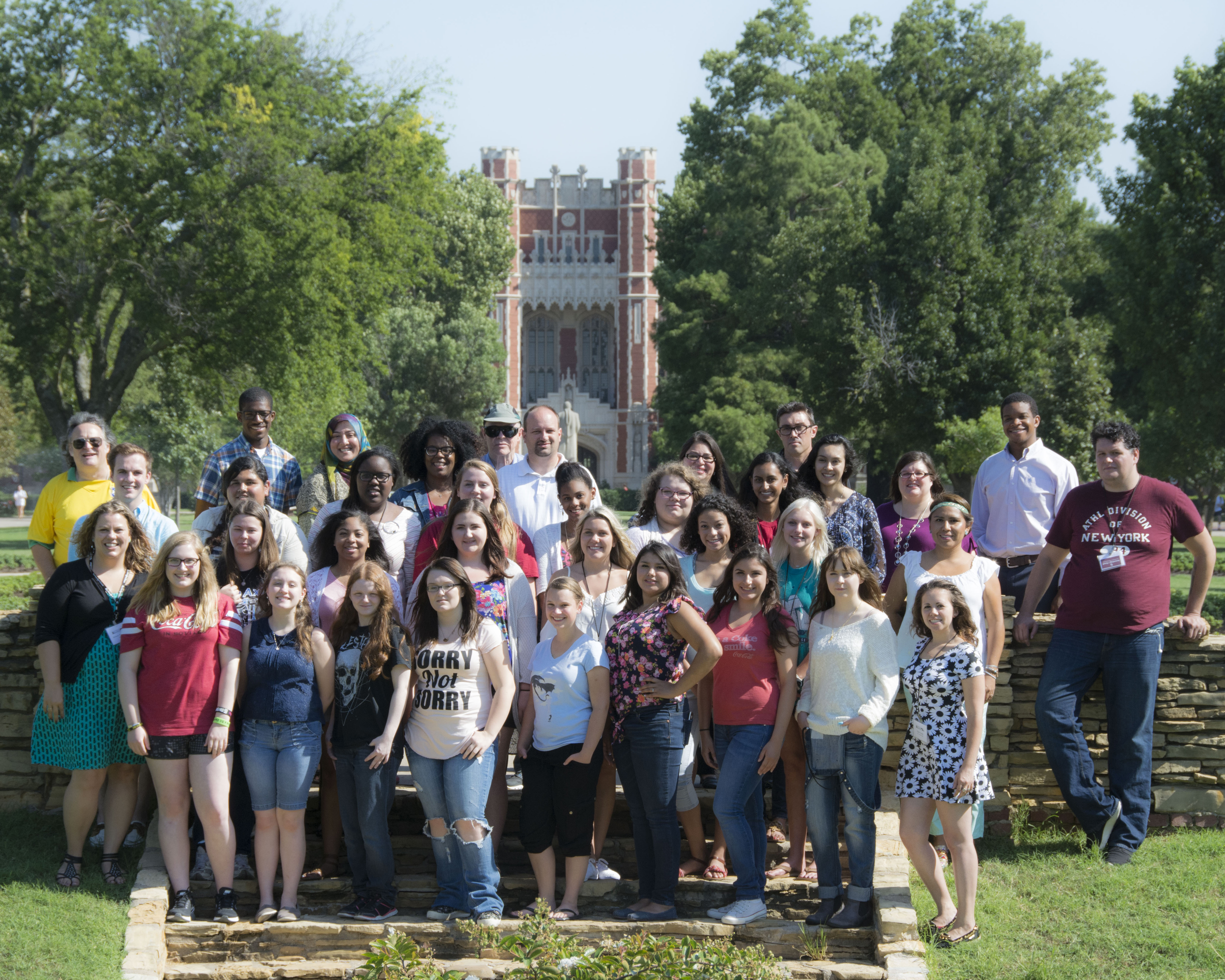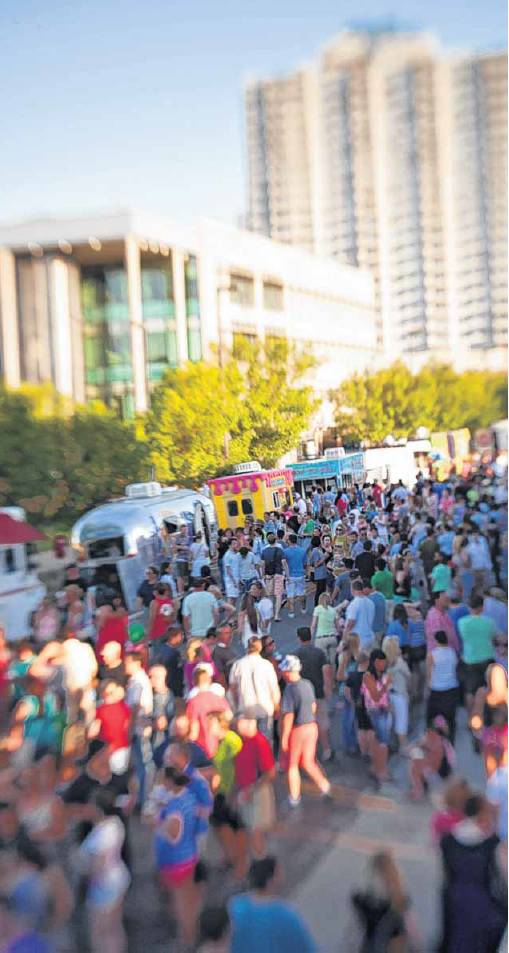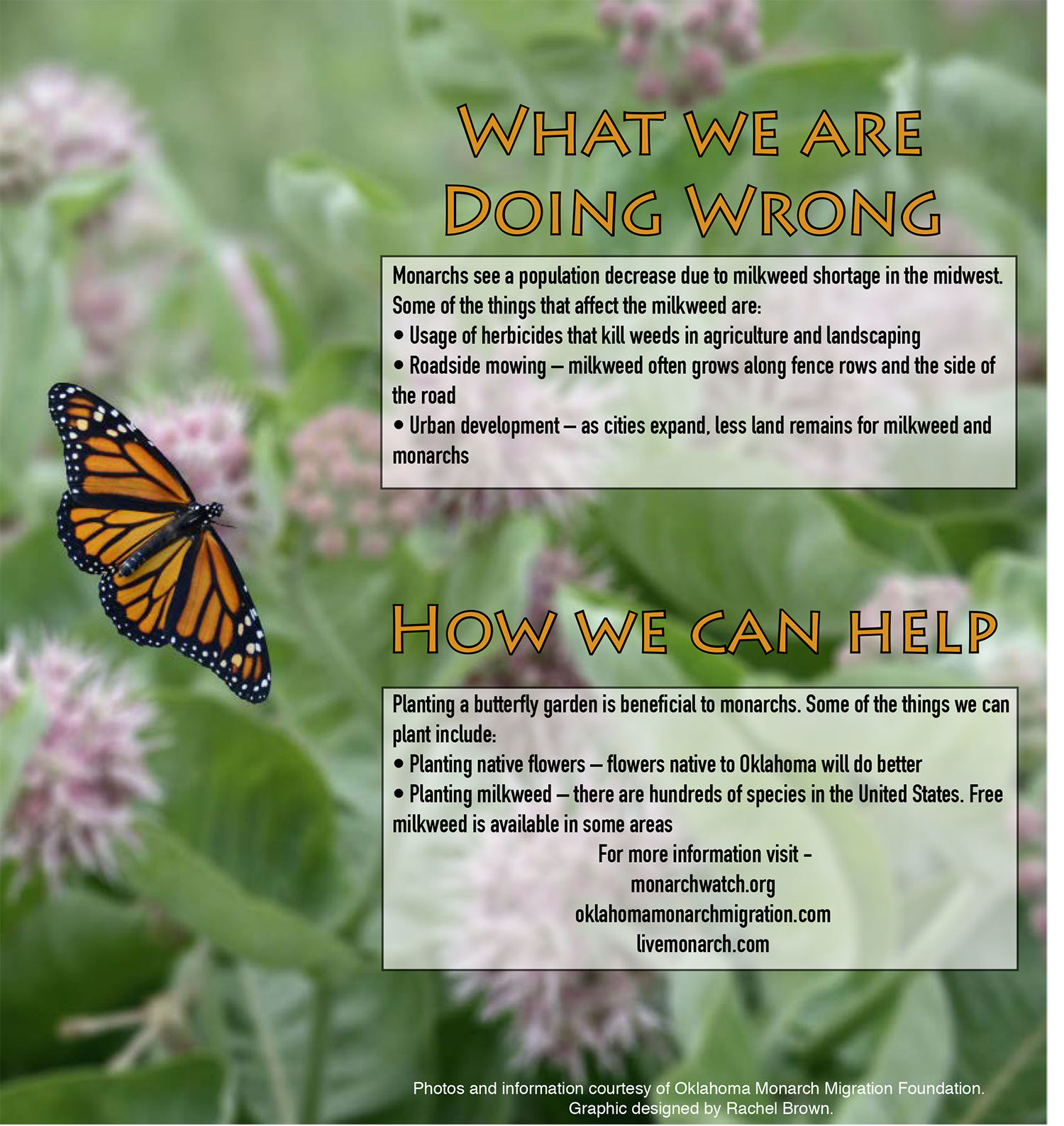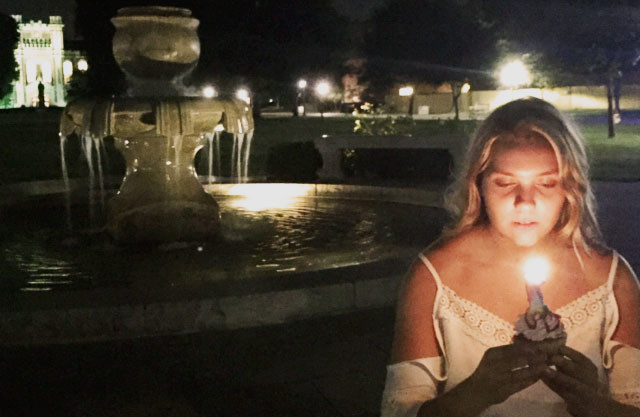For many teens, turning 18 means joining the military, moving out of their parents’ house or maybe going to a casino. It also means finally having the right to vote.
Joe Buettner is among those teens who registered the same day he became legal to do so.
“On my 18th birthday, my mom took me to the tag agency and registered me to vote,” he said.
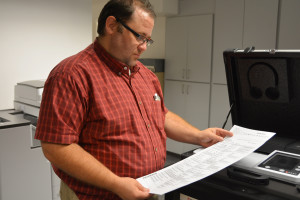 Buettner, who first voted in the 2012 election, said taking an American government class during the election got him involved and helped him be more informed.
Buettner, who first voted in the 2012 election, said taking an American government class during the election got him involved and helped him be more informed.
Other high school students also said they wanted to know background information on the candidates, what they stand for and how voters can become informed prior to the 2016 elections.
First-time voters can find an overwhelming amount of political material online, from traditional news outlets to partisan candidate bios and statements, to advocacy group rankings on particular issues to nonpartisan voting guides.
Social media is becoming an increasingly key resource for candidates and voters, said Buettner. For example, voters can use Twitter or other apps to view debate schedules or to see the candidates’ position on certain topics.
Regardless of how well informed first-time voters may be, they still will need to register no later than 24 days before the next election.
Citizens may register in person at a tag agency or at a county election board [click here for more information]. They also may print a registration form from the state election website and submit it by mail, said Bryan Dean, public information officer for the Oklahoma State Election Board (OSEB).
In the future, Oklahomans will be able to register completely online, he said. Senate Bill 313, proposed by Sen. David Holt (R-30), which included this provision, was made law in March 2015.
“We are well on our way to modernizing our state’s election laws,” Holt stated in a press release after the legislative session.
The board still has glitches to work out regarding online registration, Dean said, but its members believe the move will help many first-time voters.
When registering, a citizen may choose to become affiliated with a political party, or may register as an independent voter. In a general election, any voter may vote for any candidate in any party.
Until recently, Republican and Democrat voters were able to participate in primaries in Oklahoma. However, under state law, registered independent voters may be eligible to vote in a party’s primaries and runoff primaries if that party authorizes it. Oklahoma Democrats agreed to do just that on July 25.
It’s important to remember that when registered voters go to cast their ballots, they will need to have an acceptable form of identification with them at the polls. Acceptable forms of identification include a voter’s card, any state-issued identification car or a tribal identification card.
If a voter forgets their ID on election day, they can either go and get it, or vote provisionally. Provisional votes are not counted on the night of the election, but they are included in the final total a few days later.
Once registered, citizens also need to find a the correct polling place. Oklahoma provides an online locator for those who do not know where they can vote.
Voters can go the traditional route and vote in person on election day, or they can vote early. For presidential elections, the polls in Oklahoma are open the Thursday, Friday and Saturday preceding the election.
OSEB encourages first-time voters to take part in absentee voting, said Dean, adding that if a citizen signs up, they will be mailed the ballots free of charge.
“This way, you never miss an election,” he said.
“Voting is a freedom everyone should exercise,” Buettner added. “Don’t ever feel like your vote doesn’t matter.”

